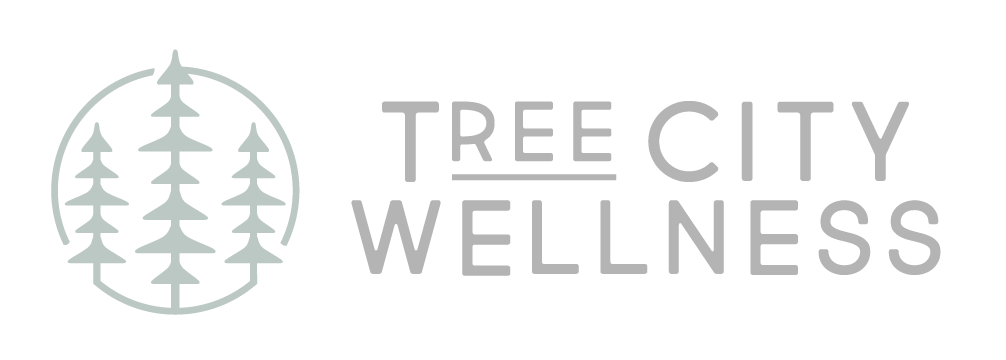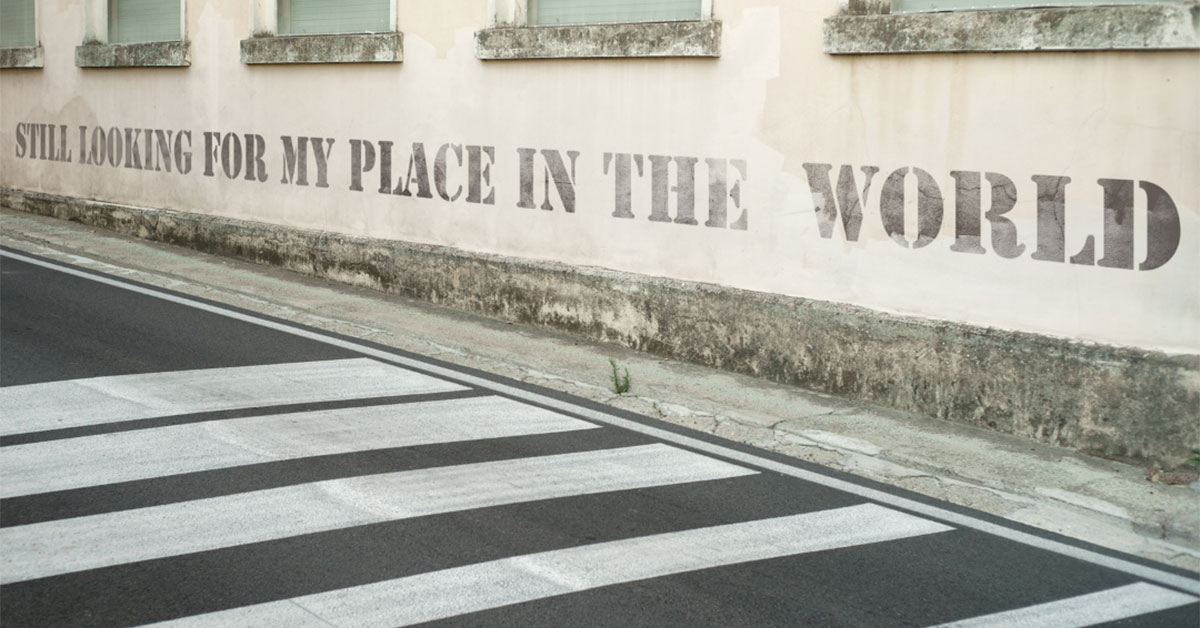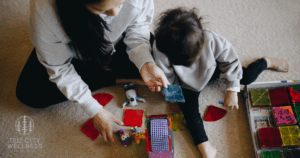Welcome to our modern day society…
We’ve endured a worldwide pandemic. We’ve been locked down, let out, and locked down again. For 19 months we’ve been inundated with media sources highlighting the numbers of the dead and of the ill like a digital doomsday clock, constantly reminding us of our own mortality. We’ve had to make adjustments to our lives again and again. We’ve been perplexed by the actions of our neighbors because they have done things differently than us.
The topic of existential dread has come up many times in my practice over the last year and a half. Existential thoughts and feelings typically emerge during a significant life transition or trauma: divorce, major loss of someone close to us, loss of a job, a major accident, leaving a faith, or turning a significant age such as 21, 40, or 65…
Though it is not uncommon to have at least one period over the course of our lives where we ask ourselves, “what is this all for,” the frequency at which this question has surfaced recently is alarming. The collective feeling of unrest in our community is palpable.
We are angry. We are scared. And in the midst of this crisis that every person in the world is experiencing, we still feel alone. But why?
Aside from the obvious – that we have been placed in and out of social isolation to varying degrees for safety reasons – when we can communicate we appear to be at odds with one another. In the face of crisis (such as in a pandemic) humans respond in interesting ways, but the goal of the issue remains the same: What can I do to help myself feel safe?
When we don’t feel safe, which is one of our core basic needs (see also: Maslow’s Heirarchy), we start to question everything — and everyone, including ourselves. We feel out of control and our efforts to gain control seem to fail time and time again.
Existential dread is the questioning of whether our lives have meaning, whether our actions to improve a situation are worthwhile; It’s questioning whether our life has a purpose or is of any value… and our efforts in contemplating these questions (and trying to find answers) cause significant distress. It’s the feeling of overwhelm of the biggest questions related to life and death, and it occurs because our core need of safety and security is threatened.
So what do we do while we continue to wait out the end of this crisis and the feelings of existential dread that come with it?
1. Find a way to socialize and connect with people in a way that feels safe and comfortable for you. It’s scary getting back out there, but it’s necessary for our well-being. You don’t need a ton of friends for this idea to work — Just a couple of good, supportive people in your life can make a huge difference in lifting a mood, calming anxiety, and helping us feel valued. Talk about your existential dread. There’s a good chance your neighbor is feeling it too.
2. Remind yourself that you are resilient. Humans can endure all kinds of difficulties and we have endured plenty of crisis before (yes – even a pandemic). It may make for some of the most challenging moments of our lives, but if there is anything I’ve learned from being a therapist it’s that humans are truly remarkable creatures in their perseverance and resiliency.
3. Focus on what you can control and let go of what you can’t. We all know we can’t truly change anyone but ourselves. Even small, personal acts can make a big impact on the greater good and help us feel like we are doing something valuable. Feelings of control and safety work similarly in our brains so letting go of the uncontrollable could be like tackling two issues at once.
4. Reduce the amount of decisions you have to make on any given day. Our brains only have the capacity to make a certain number of decisions on a daily basis and we’ve had to make a lot of hard and exhausting decisions over the last 19 months. Take some of that off your plate if you can. Meal prep on a Sunday. Plan your outfits out ahead of time. Make a family schedule and assign each person tasks for the week. Pre-plan some of the smaller decisions so your brain has room for the bigger decisions when they come up.
5. Use this time to explore your purpose in a curious way. Wait – What? Wasn’t I trying to recommend how to stop thinking about that? Hear me out — Sometimes life throws challenges in our way that force us to pause and reflect. Can you use this time to be introspective? Has the pandemic helped reveal what is truly important to you? Or maybe what is not important to you? When the hustle and bustle of daily life is taken away, do you feel fulfilled? In a time where we are constantly reminded of the fragility of life – are you making each day matter? Analyzing these thoughts from a lens of curiosity opposed to distress or judgement can help you find peace with them (and maybe even answers!).
It would be great if we all had a blueprint for life, but the reality is that humans learn best by trying and failing, and trying and failing again. These trials and tribulations can create significant meaning in life (if we allow it to) and eventually, maybe, be looked back upon as a worthwhile thing. Even in the darkest of times, there is always a silver lining.





